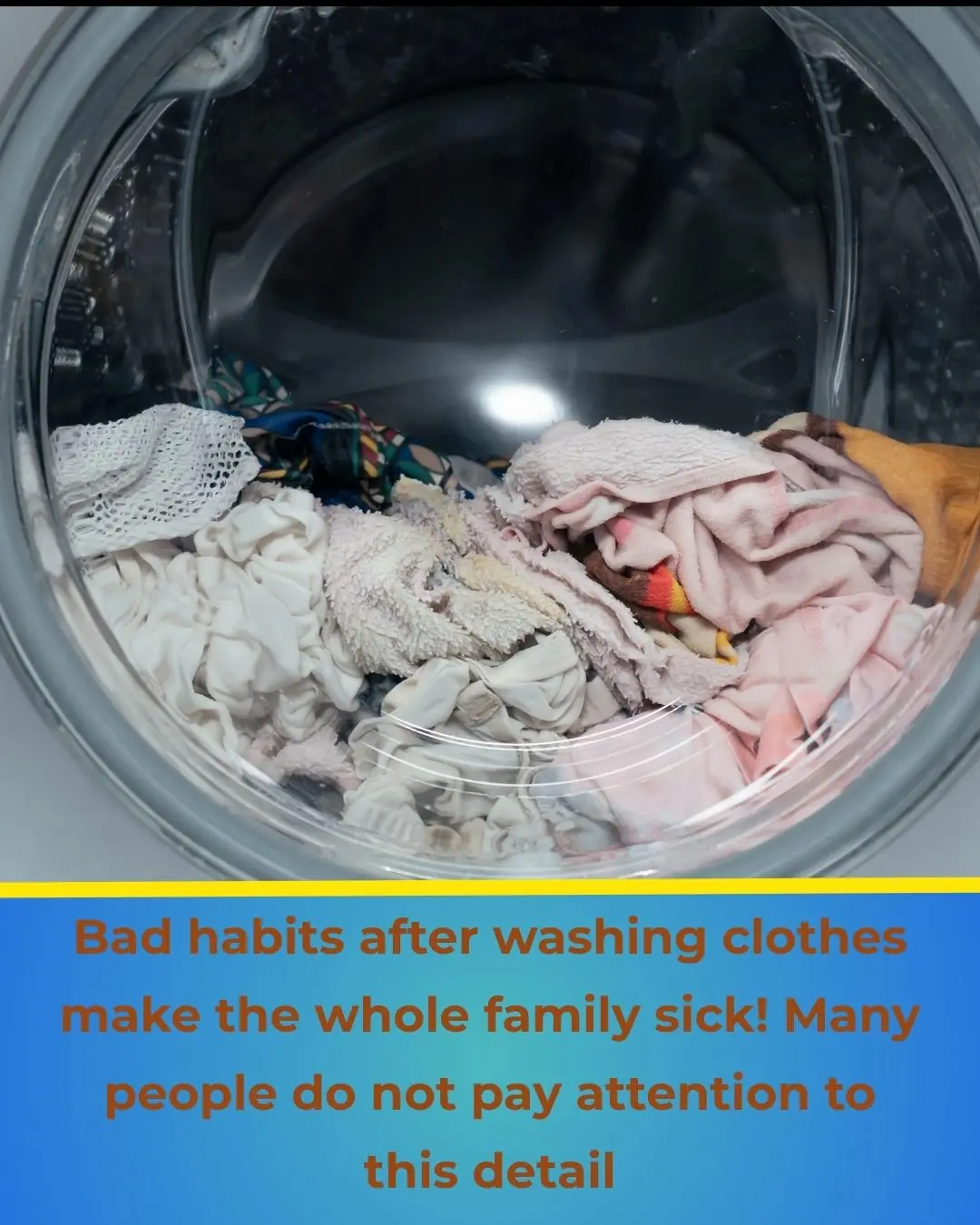
Meet The Woman Who Single-Handedly Preserved Over 30 Years Of TV History
She Could Never Have Imagined the Magnitude of Her Recordings
One woman’s quiet obsession has become one of the most remarkable archives of modern history. Marion Stokes, a Philadelphia librarian, television producer, and activist, single-handedly preserved over three decades of television broadcasts, creating an unparalleled record of how media shaped—and reshaped—the world’s understanding of itself (Atlas Obscura).

Stokes’ story began in 1975, when she bought her first Betamax magnetic videotape recorder. At the time, few could imagine how revolutionary home recording would become. A former archivist and librarian at the Free Library of Philadelphia, Stokes was deeply committed to information access and truth in media. In the early 1960s, however, she was fired from her job after being publicly identified as a Communist Party organizer during the height of anti-Communist sentiment in America (The New York Times).
Alongside her then-husband, she co-produced Input, a local Sunday-morning talk show that aired from 1968 to 1971. The program brought together community leaders, clergy, artists, activists, and scholars to discuss social justice, racial equality, and political reform—topics rarely addressed openly on television at the time (The Guardian).
When the Iran Hostage Crisis began on November 4, 1979, Stokes instinctively pressed record—and, according to her son Michael Metelits, she “never stopped” (NPR). Over the next 33 years, she recorded an astonishing range of programming: nightly newscasts, sitcoms, documentaries, political debates, and even commercials. Stokes recognized that television was not merely entertainment—it was history unfolding in real time.
During the 1980s, with the rise of 24-hour news networks like CNN, Stokes expanded her efforts. At times, she had up to eight recorders running simultaneously in her Philadelphia apartment, taping around the clock. Her collection eventually filled nine separate apartments she purchased solely for storage. By the time of her death in 2012, she had amassed more than 70,000 VHS and Betamax tapes, representing the most complete record of televised media between 1975 and 2012 (Smithsonian Magazine).
Ironically, while Stokes was preserving every second of television history, most networks were erasing their own. To save money and reuse materials, TV studios routinely recycled their broadcast tapes, inadvertently destroying decades of news and cultural record. “Marion Stokes’ collection is the only one of its kind,” said Roger Macdonald, director of television archives at the Internet Archive. “Her vision aligns perfectly with ours: universal access to all knowledge” (Atlas Obscura).
In 2013, Metelits contacted the Internet Archive to find a permanent home for his mother’s vast trove. The archive accepted the challenge, transferring the tapes to a Richmond, California facility where they are being digitized and preserved for public access. The process is painstaking—each tape must be catalogued, played, and converted in real time—but it ensures Stokes’ life’s work will endure for generations (NPR).
Recording was not a solitary mission. Stokes enlisted her husband, assistants, stepchildren, driver, and even her nurse to help maintain her recording schedule. Her life revolved around the ritual: friends recalled her cutting dinners short to rush home and switch tapes before the next broadcast. “It became the rhythm of her existence,” Macdonald recalled.
Despite being an early investor in Apple Inc., Stokes distrusted digital surveillance. Having lived under FBI scrutiny due to her political activism, she refused to use email or TiVo, preferring full control of her analog recordings (The Guardian). Her wealth from Apple stock allowed her to sustain the monumental project independently, free from institutional interference.
Her work has since inspired widespread admiration and critical reappraisal. The documentary Recorder: The Marion Stokes Project, directed by Matt Wolf, explores how her meticulous archiving preserved not only television history but also the shifting cultural narratives behind it. “She was obsessed with access to information and documenting how truth was mediated,” Wolf explained. “She understood that power is shaped by who controls information, and she wanted that record to exist outside of corporate and governmental influence” (The New York Times).
Today, Marion Stokes is recognized as an unsung pioneer of media preservation, her name mentioned alongside professional archivists and historians. Her recordings serve as a time capsule of late 20th-century America—its triumphs, tragedies, and everyday broadcasts—all seen through the unfiltered lens of television.
As Roger Macdonald put it, “Her work reminds us that what seems ordinary today may become invaluable tomorrow.”
News in the same category


8 Plants Snakes Hate: Grow These Around Your Home to Keep Them Away Naturally

How to Tell If Your Rice Noodles Are Safe — The Simple Clue That Reveals Hidden Chemicals

The 3 Golden Times to Drink Green Tea — Boosting Both Health and Beauty

The Famous 42-Day “Breuss Juice” Diet from Austria: Origins, Recipe, and What Science Says

The World’s Healthiest Vegetable, Rated #1 by the U.S. CDC — and It’s Abundant in Vietnam

Why Your Neighbor’s Jar of Starfruit in Rock Sugar Might Be a Hidden Health Remedy

The Medicinal Properties of Eleusine indica (Goosegrass) in Traditional and Modern Medicine

‘This Man Can’t Do Nothing Right’: Jonathan Owens’ Steamy On-Field Video with Simone Biles Has the Internet Divided as Fans Rush to Their Defense

Serena Williams Becomes Part Owner of Canada’s First WNBA Team, Toronto Tempo

Ohio Couple Adopts Two Sets Of Twin Siblings Who Were Separated In The Foster Care System

Brooklyn Man Transforms Wasteland Into Community Garden, Distributing Over 10,000 Pounds Of Food

Meet The Founder Of The First Black-woman Owned Electric Vehicle Recharging Station

Meet The Owner Of The First Black Woman-Owned Winery And Tasting Room In Alameda County, California

Why Electric Kettles Are Rare in Western Homes — Despite Their Convenience

Should You Throw Toilet Paper in the Trash or Flush It?

7 Subtle Health Problems That Could Be Early Warning Signs of Cancer

‘Learn How to Drive!’: Connecticut Karen Embarrasses Her Husband and Herself Over Parking Spot That Was Never Blocked

Meet Demi Johnson, the Teen Scientist Helping Restore Oyster Reefs in Mississippi
News Post

Vertical Nail Ridges? Here’s What Causes Them — and How to Fix It

The Unseen Heroes: A Rescue Dog's Loyalty That Saved My Life

Barrett’s Miracle: A Journey of Faith, Strength, and Prayer

A Farewell to a Friend and His Passion for Music

Top 5 Nutrients to Reduce Swelling in Feet and Legs

A Rare Encounter: The Moment a Mountain Lion Meets a Baby

Stray Cats Bring a Bitcoin Mine to a Standstill — And Melt Hearts in the Process

If you sleep with socks on, see what happens

Each Tooth Is Connected to an Organ in the Body – How Tooth Pain May Reveal Hidden Health Problems

Dominika’s Fight for a Childhood Without Pain

Why There's A Growing Trend Of Straight Men Dating Trans Women

Michalinka’s Fight for Life: A Tiny Body, a Giant Spirit

A Miracle in the Making: Baby Harlan’s Fight for Life

From Tragedy to Triumph: The Unbreakable Spirit of Janey Carter

A Battle of the Wild: The Confrontation Between a Raging Elephant and a Baby Hippo

7 Heart-Healing Foods Your Cardiologist Won’t Tell You About

Never Clean Your Light Switch with Water: Here’s a Trick to Make It Spotless

Bad Habits After Doing Laundry That Can Make Your Whole Family Sick! Many People Overlook This Detail

Don’t Throw Away Your Used Balm Jar – Here’s a Super Useful Way to Reuse It That Every Family Needs
